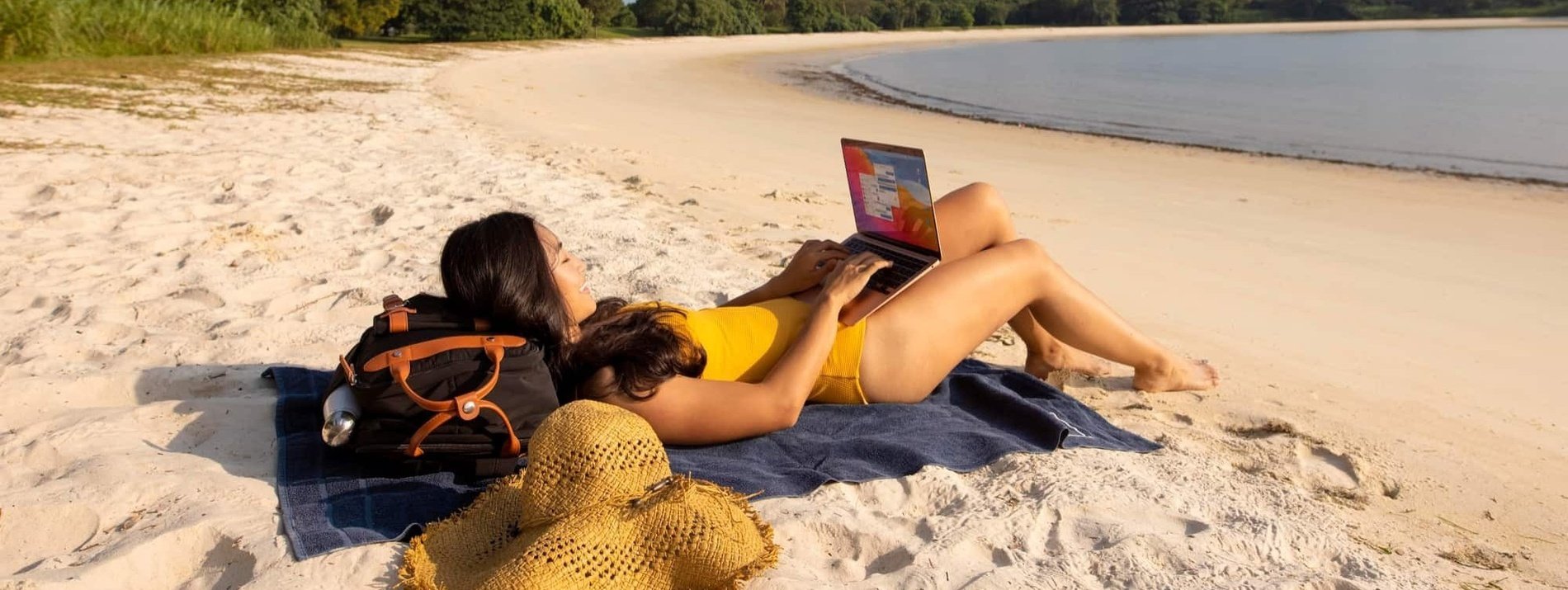The persecutions at bath time, the scolding when they do not brush their teeth, the 'tricks' to convince them to wash their hands ... If you are a mother or father, and you are reading this, surely these situations are familiar to you, ¿ truth? We all know that for children - especially when they are very young - being aware of the importance of personal hygiene is a process that takes time and requires high doses of patience, perseverance and a lot of 'left hand' ... however, if something This 2020 has taught us that that "hygiene is health" is much more than a simple expression.
The importance of child hygiene
With the onset of the coronavirus and the global pandemic, our children - like everyone else - have had to incorporate new child hygiene habits into their daily lives. However, beyond the use of the mask and the hydroalcoholic gel, this new situation can help them understand -now more than ever- that maintaining proper personal hygiene is essential to ...
- Your health: it keeps viruses and bacteria at bay, and reduces the risk of contagion of communicable diseases.
- Their self-esteem : since it promotes self-confidence, autonomy and discipline, and helps them feel better about themselves.
- Their relationships with their environment.
According to experts, from the age of 3-4 , children should already begin to work on hygiene and incorporate basic hygiene routines into their day-to-day life, which, after the learning process, will become a lifelong habit. For this, it is essential that as parents, we accompany our children throughout this process at home, explaining the importance of each action, trying to make it fun (games, songs, competitions ... Anything goes!) And creating the list of grooming habits that must be followed every day. Below we list the 5 most important ones.
Essential personal hygiene habits for children
Handwashing
All of us, during the last few months, have discovered to what extent the hands are a vehicle for the transmission of diseases; For this reason, it is the first habit that our little ones must learn. They should know that washing their hands well with soap and water for 30 seconds (without forgetting to use a soft bristle brush for nails!) Is essential before eating, after touching animals, going to the bathroom or being on the street, and - of course - every time they are dirty.
The daily bath
The daily bath (or shower, when they are older) not only removes toxins and dirt from the skin, but also contributes to relaxation and the feeling of well-being of our little ones. For this reason, it is essential that that routine that we follow since they are babies is maintained as they grow, explaining well how they should wash each part of the body so that they acquire autonomy
Brushing teeth
The habit of brushing teeth is essential to prevent the appearance of cavities, bad breath and other diseases. According to the experts, from the age of 3, our little ones should be taught to use a toothbrush after each meal, with a good impact on how brushing should be: from the gum to the tooth, with circular movements, without exerting too much pressure, going through all the teeth and molars and, of course, not forgetting the tongue!
Take care of hair
In the hair, as in the rest of the skin, a lot of dirt accumulates, so its care is also a fundamental child hygiene habit. Our children should not only learn the importance of washing it frequently, but also that of brushing it daily to stimulate capillary health and always wear it combed.
Nails and ears too!
We must not forget to include these two aspects in the daily hygiene of our little ones. In addition to always keeping them clean, children should learn to keep their nails short (if they are small you will have to do it yourself, but as they grow older, they will be able to learn to cut them on their own). And as for the ears, try to avoid the use of cotton buds: it is best to teach your children to clean them gently with the towel -or a wet wipe- after bathing.




